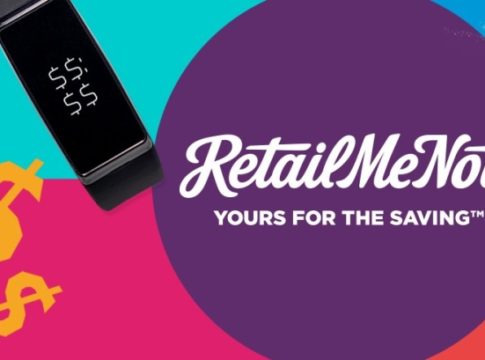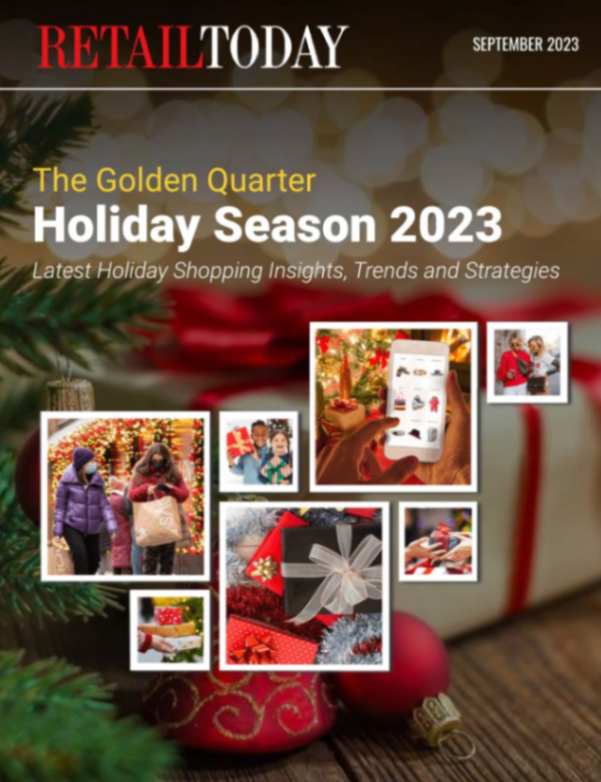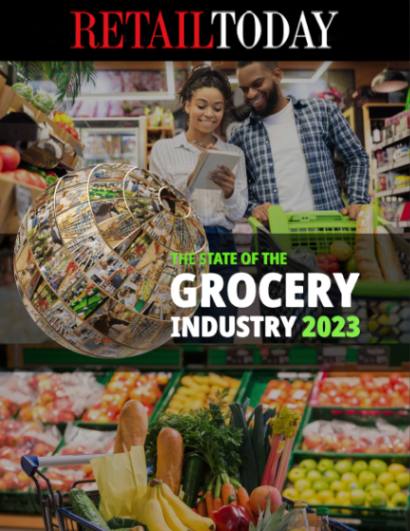RetailMeNot today releases the 2020 Retailer Playbook, a comprehensive guide into consumer preferences and retail marketers’ strategies for the new decade.
Consumer confidence reached historic high levels in 2019, alongside rising expectations from shoppers. From shipping and rewards programs to politics and sustainability, here are the top expectations and retailer challenges for 2020:
- Politics will impact retailer strategies, but consumers don’t care as much as retailers expect.
- Consumers would rather get free shipping over expedited shipping, putting more pressure on retailers to offer competitive shipping deals.
- Shoppers prefer the lowest shipping cost over an eco-friendly shipping option.
- To avoid paying for shipping, most consumers would go in-store to purchase an item.
- Consumers expect retailers to provide expedited shipping options during the holiday season, resulting in less pressure to shop early
- White-glove concierge service is a “nice to have” — for now.
- Retailers are peeling back their investments in mobile and social advertising.
- Credit card rewards are undercutting retail loyalty programs.
- Few consumers have signed up for subscription services, despite early adoption by millennials.
- Amazon Prime Day may be the new Black Friday, with consumers saying they found better deals in July 2019 than on the historic shopping day in November.
View the full 2020 Playbook at this link.
“Our 2020 trends show the continued changing preferences of consumers and the power they still hold over retailers,” said Sara Skirboll, shopping and trends expert at RetailMeNot. “For example, RetailMeNot found at the beginning of 2019 that retailers were bullish about voice-assisted shopping but as the year unfolded, only 16% of consumers reported ever buying a product via their smart home speakers. As a result, only 38% of retailers plan to implement a voice-assisted shopping strategy this year.”
Taking a Stand to Stand Out
In response to the election year, more retailers are taking a stand on political or social issues. In fact, an overwhelming majority (90%) of retailers are overlooking the old taboo of remaining politically agnostic and will make some changes to how they market this year. This includes:
- Being more willing (48%) to take a public stand on social values in 2020
- Being more conscious (56%) of any political connections that can be made to what they post on social channels
- Designing marketing materials (44%) to tie the election into what they are selling
- Having a sale (43%) related to Election Day
- Looking back at 2016 shopping trends (44%) to inform their strategies accordingly.
Even so, only 40% of Americans say the election will impact the brands they shop.
Shipping Wars
While an election alone may not be enough to derail consumer spending, there’s another issue that might: shipping and the environment. Based on RetailMeNot research, just over half (51%) of Americans are willing to wait longer for eco-friendly shipping options from retailers like Amazon. But once cost becomes a factor, 70% prefer the lowest price over environmental impact.
Regardless, 81% of Americans expect retailers to offer more expedited shipping options during the holidays in 2020. Exacerbating the situation, 44% of consumers admit they will shop later in the holiday season in 2020 because they know they can receive items faster. Procrastinators will pose a major challenge for many brands as 63% of retailers struggle to keep up with shipping deals offered by their competitors.
View more details and supporting insights on RetailMeNot’s research hub.
Methodology
A 15-minute online survey was fielded between Thursday, November 21, 2019, and Wednesday, November 27, 2019. During this time, 206 interviews were captured. Key groups of interest were examined in this analysis, including senior managers/directors+ and retailers who have/have not partnered with RetailMeNot in the past 12 months.
Additionally, a 12-minute online survey was fielded between Monday, November 25, 2019, and Wednesday, December 4, 2019. During this time, 5,383 interviews with a nationally representative sample of Americans over the age of 18. Key groups of interest were examined in this analysis, including gender, generation, and region.





